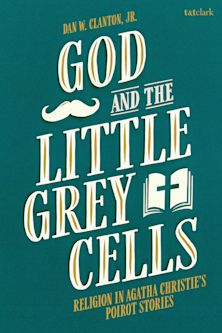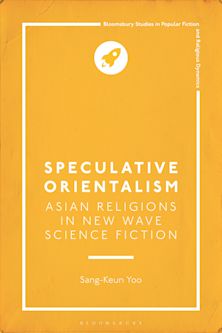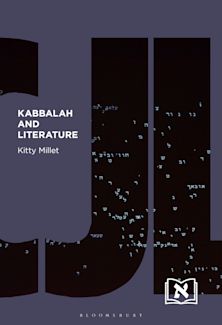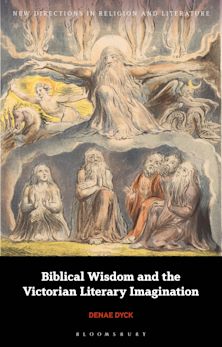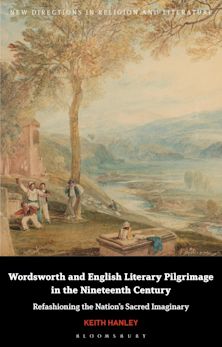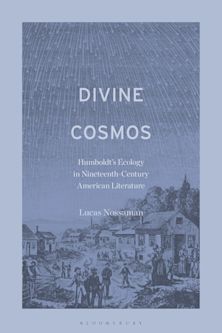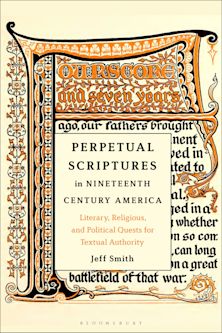- Home
- ACADEMIC
- Religious Studies
- Religion and Literature
- Mythologizing Jesus
You must sign in to add this item to your wishlist. Please sign in or create an account
Description
Our culture is well-populated with superheroes: Superman, Wonder Woman, Spider-Man, and more. Superheroes are not a modern invention; in fact, they are prehistoric. The gods and goddesses of the Greeks, for example, walked on water, flew, visited the land of the dead, and lived forever. Ancient Christians told similar stories about Jesus, their primary superhero—he possessed incredible powers of healing, walked on water, rose from the dead, and more. Dennis R. MacDonald shows how the stories told in the Gospels parallel many in Greek and Roman epics with the aim of compelling their readers into life-changing decisions to follow Jesus. MacDonald doesn’t call into question the existence of Jesus but rather asks readers to examine the biblical stories about him through a new, mythological lens.
Table of Contents
Mythological Names and Places (Greek and Roman)
List of Figures
Introduction: The Christian Superhero
1. Born Divine and Human
2. Empowered from Above and Enlisting Sailors
3. Feeding Thousands
4. Master of the Winds
5. Tamer of Monsters
6. Curing an Old Woman and Bringing a Girl back to Life
7. Water Walker
8. Land of the Dead
9. Blind Seer
10. Daring Hero Eats with the Enemy
11. Hero in Disguise Transformed
12. Curing a Boy with a Demon
13. Entering a City in Disguise
14. Clearing out a Den of Robbers
15. Prophet Anointed by a Woman
16. Following a Water Carrier
17. Preparing for Death while Friends Sleep
18. Traitor in the Midst
19. Cowardly Promise Breaker
20. Preferring a Rascal to a Hero
21. Heroic Death and Mourning Women
22. Rescuing a Corpse
23. Living Dead
24. Disappearing into the Sky
Conclusion: The Mythologized Jesus and Modern Culture
Appendix: The Gospels of Matthew and John
Works Cited
Further Reading on the Homeric Epics and Greek Mythology
Further Reading on the New Testament and Classical Greek Literature
Product details
| Published | 07 May 2015 |
|---|---|
| Format | Ebook (Epub & Mobi) |
| Edition | 1st |
| Extent | 178 |
| ISBN | 9781442233508 |
| Imprint | Rowman & Littlefield |
| Illustrations | 1 b/w illustration;4 b/w photos; 28 tables |
| Publisher | Bloomsbury Publishing |
About the contributors
Reviews
-
The Christian scriptures took shape within a rich literary landscape, as the gnostic gospels and the Dead Sea Scrolls make clear. But MacDonald, a biblical studies professor at Claremont Graduate School and Claremont School of Theology, sheds light on a different dimension of literary dependence: Homeric material, especially the epic poems the Iliad and the Odyssey. MacDonald (author of The Homeric Epics and the Gospel of Mark, to which he directs interested readers for more scholarly treatments) aims here to distill his findings and present a cogent comparison of Homeric tropes with the Christian gospels of Mark and Luke. To that end, in brief chapters, the author shows some 24 major parallels explored chapter by chapter, from 'Born Divine and Human' to 'Disappearing into the Sky.' . . . The evidence certainly seems to demonstrate . . . dependence by the gospel writers on their masterful Greek predecessor in their stories about and portrayals of Jesus.
Publishers Weekly
-
MacDonald provides a substantive and careful comparison of early Christian writings with cherished literature of the ancient world (e.g., Homer, Hesiod). Using examples and thorough comparisons of Greek and Roman sources, MacDonald explains how the authors of the Gospels understood that Jesus was in contention with the images of Odysseus, Heracles, and Romulus and, as a result, created fictions to prove that their hero exemplified those figures and more. VERDICT MacDonald doesn’t intend to assail belief; this is not an atheist’s or a scoffer’s approach but rather a post–Rudolf Bultmann view of the Christian ideal, suitable for believers who are ready to embrace a Christianity that acknowledges its own myth.
Library Journal
-
[T]his book is an intriguing read and worth the time to dig through it...
Faith Matters
-
Mythologizing Jesus convincingly explains the numerous correspondences between the synoptic Gospels of Luke and Mark and the Greek poet Homer; too many, in fact, to be just coincidences and thereby shedding new light on old texts and unmistakably illuminating an important area of research.
San Diego Jewish World
-
The author of this work, a professor of New Testament and Christian Origins at Claremont School of Theology, has dedicated much of his professional work to comparing the New Testament literature with ancient Greek and Latin classics. This work on Jesus is something of a summary of his more extensive previous studies on this subject. His thesis is clear.
The Bible Today
-
This book is a rare treat. It breams with knowledge of Homer, the Gospels, and early Christian writings.... Read Mythologizing Jesus. It is courageous, refreshing and timely. It unearths a huge truth and breaks ground in scholarship and theology.
The Huffington Post














